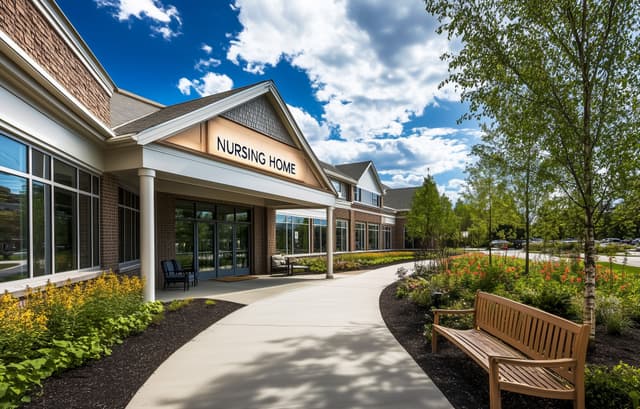
Since beginning her career as a legal assistant in 2017, Elivia has provided unwavering support to attorneys in a variety of different practice areas ranging from Family Law and Estate Planning to Personal Injury. She is fiercely dedicated to achieving her goals and uplifting those around her to continue to push toward their own success. It is this drive to accomplish everything that she sets her mind to that allowed Elivia to receive her Paralegal Degree from Wallace State College at the age of eighteen while working in tandem to be at the top of her high school graduating class.
Elivia began her career at the age of fourteen as an Administrative Assistant in the medical field. She attributes much of her success to her parents, who she refers to as “superheroes of their community,” for instilling within her a strong work ethic and passion for helping others. Elivia’s background has allowed her to hone her skills and become a well-rounded Paralegal with a wide range of knowledge of the legal field, as well as the inner workings of the medical field.
Striving each day to be the best version of herself that she can possibly be, she prides herself on being a dedicated, attentive individual who provides compassionate guidance to those affected by the wrongdoings of others. Elivia currently resides in North Central Alabama with her partner and rescue pets, and spends her time outside of the office with the friends and family who make up her support system.
view all resources

When families place an elderly loved one in a nursing home, they expect the facility to provide safe conditions, competent care, and appropriate supervision. Unfortunately, many nursing homes fail to meet these basic obligations. At Michael Hill Trial Law, we regularly work with families who discover that serious injuries or declining health were not inevitable consequences of aging, but the result of nursing home negligence.
Civil liability plays a critical role in holding nursing homes accountable when residents are harmed. Understanding how civil liability works, what constitutes negligence, and how Ohio law applies can help families protect their loved ones and pursue justice when standards of care are violated.

Deciding to place a loved one in a nursing home is one of the most difficult choices a family can face. It often happens during moments of crisis — after a fall, hospitalization, or sudden health decline — when emotions are high and time feels limited. At Michael Hill Trial Law, we frequently hear from families who later realize that a nursing home admission may not have been handled lawfully or ethically.
While nursing homes play an important role in elder care, not every admission follows the law. In some cases, residents are admitted without proper consent, misled about their rights, or pressured into placement that primarily benefits the facility rather than the individual. Understanding when a nursing home admission may be considered unlawful is essential to protecting elderly residents and their families.

Most families assume that nursing homes are closely monitored and held to high standards of care. While regulations do exist, many people are surprised to learn how often nursing homes violate those rules — and how serious the consequences can be for elderly residents. At Michael Hill Trial Law, we frequently help families who uncover troubling inspection histories only after their loved one has already been harmed.
Understanding how nursing homes are regulated and inspected in Ohio empowers families to make informed decisions, recognize warning signs early, and take action when a facility fails to meet its legal obligations.

When families place a loved one in a nursing home, they expect professional medical care, proper supervision, and timely treatment. Unfortunately, medical negligence in nursing homes is far more common than many people realize. At Michael Hill Trial Law, we regularly assist families who discover that serious injuries or worsening health conditions could have been prevented with proper care.
Medical negligence in a nursing home setting can take many forms — from medication errors to delayed diagnoses or failure to respond to medical emergencies. Understanding who is legally responsible is a crucial step for families seeking answers, accountability, and justice for their loved ones.